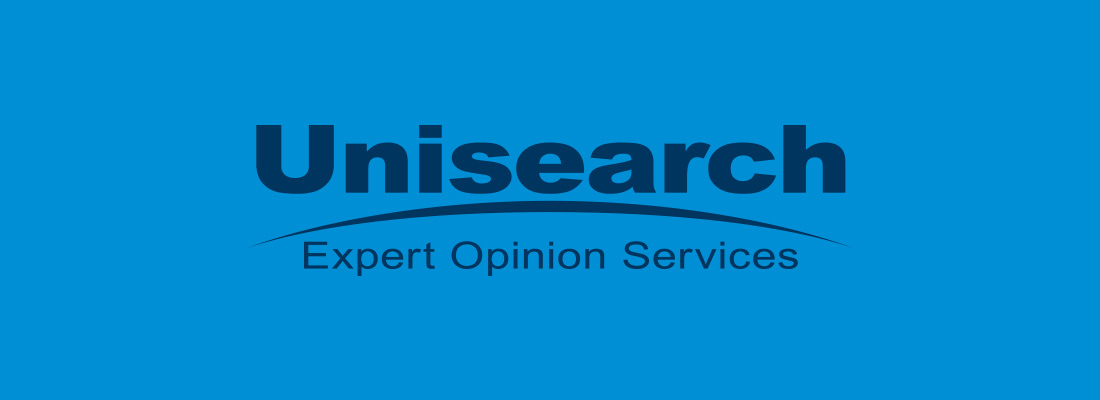• Make inquiries before you engage an expert. Ask what issues the expert might assist with and find an expert who is competent, communicates well, and has a good reputation.
• Write a letter of instruction to your expert. It is a good idea to chat with an expert before sending a letter of instruction. That can avoid a tell-tale written history of the expert ‘educating’ you on what the issues are. Such a history might later be used in cross-examination to suggest your expert is not sufficiently independent.
• Send your expert a copy of the UCPR guidelines for experts. Do that before they start work. Whether or not the particular court or tribunal applies those guidelines, it is important the expert knows them and follows them so your client gets value for their investment.
• Check that any report from an expert follows the guidelines on disclosure of data, missing data, choice of method, and the reasoning process. There must be a CV that shows any reader your expert is the right expert and a glossary of technical terms. The glossary must explain the terms in a way that is readily understood by a lay person such as you, your client, your opponent and the fact finder.
• Discuss the expert's findings with the expert and your client before you send the report to your opponent. If there are gaps in the report that detract from its persuasiveness, consider whether they can be fixed or whether the best outcome for your client is a strategic withdrawal.
• Prepare your expert for a court appearance by a conference with the advocate that goes through the best way to adduce the expert evidence and prepares them for likely cross-examination. If your expert has little or no prior experience as a witness, take them into court before their appearance and have them practice being a witness. Remember your expert gets only one chance to persuade the fact finder to accept them and their opinion. Coaching is forbidden, but familiarisation with process is good preparation.
• Perform well in your examination-in-chief of your expert. Be alert to object when your opponent oversteps the mark when cross-examining your expert. Be focused and strategic in cross-examining your opponent’s expert, and in drawing out the winning value of your expert and their opinion in your closing address.



